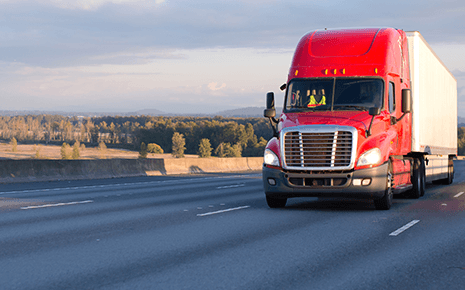
Accidents can and often do happen; and, when an accident occurs in the workplace, determining who is responsible and whether or not the business could be held liable is incredibly important. Ensuring an insurance policy is in place to cover workplace vehicles is essential. Unfortunately, some companies do not have the best potential coverage or even necessary coverage
Having workplace transportation insurance policies in place is something companies requiring the operation of vehicles and machinery during business hours should have in place. Here are a few of the different types of insurance transportation companies should have.
Commercial Auto Insurance
Commercial auto insurance is necessary if any type of company owned vehicle is used in the workplace. Workplace vehicles such as these can include company cars, company owned delivery vans, utility trucks, tractor trailers, taxi cabs, or any other kind of vehicles owned or operated by a business.
In the event a business does not have company vehicles, but employees drive their own cars for company business purposes, the entity employing them should have non-owned auto liability insurance coverage to protect the company in case the employee does not have his or her own insurance policy or has inadequate coverage and to supplement the driver’s individual policy
Transportation Insurance
Transportation insurance is specific to businesses like trucking companies or those where the delivery of goods and services is involved. Transportation insurance ensures both the vehicle and the items being transported are protected.
While selecting the right, specific type of insurance for your business is crucial, ensuring the company is carrying the appropriate minimum limits is another important factor. State and/or federal law can determine the amount of insurance a business carries for a commercial vehicle. These laws typically define the insurance requirements based on a vehicle’s weight or number of passengers. These requirements can also vary if the vehicle is carrying hazardous materials, is a for-hire taxi, is a tow truck, etc.
For Texas specifically, passenger carriers must have up to a $5 million minimum to carry 26 or more passengers.. For carriers transporting household goods, a $300,000 single limit policy must be in place to cover goods weighing under 26,000 lbs., or $500,000 for goods transported that weigh over 26,000 lbs. For carriers transporting hazardous materials, a minimum of $1 to $5 million must be in place. Federal regulations must also be taken into consideration in determining the amounts of appropriate insurance.
Texas Insurance Defense Litigation Attorneys
If your business needs more information on how to protect itself against transportation damage claims, MehaffyWeber offers the resources to handle sophisticated insurance coverage matters and first party claims. Our experienced attorneys have successfully argued and obtained favorable decisions in state and federal trial courts, as well as in appellate courts. We defend insurance carriers in a wide range of matters, including claims for personal injury and property damage. We are well versed in the legal issues involved when analyzing all types of insurance policies and provide objective policy analysis and sound opinions. Contact us today for more information on how we can provide your business with the help it needs.
